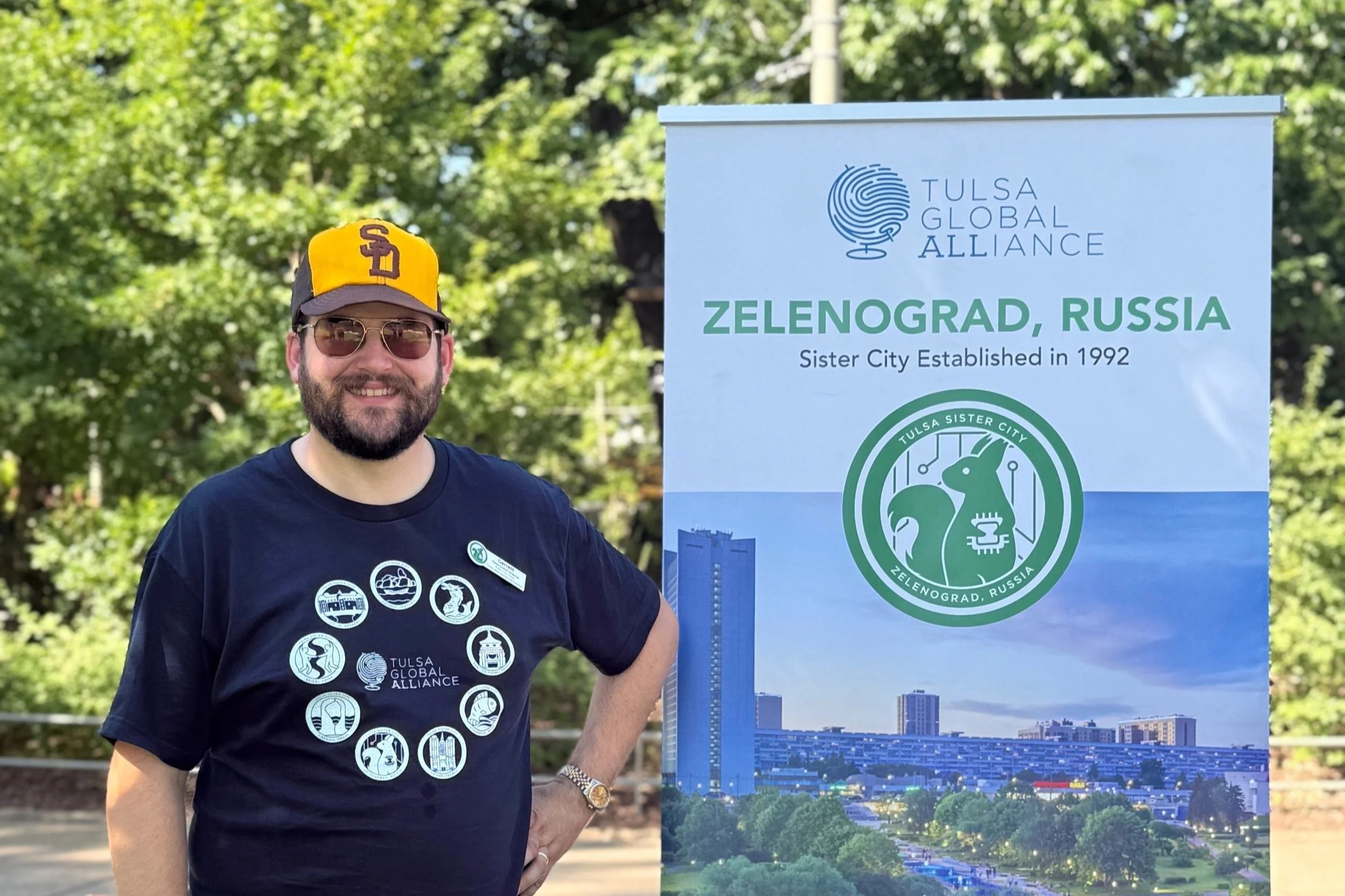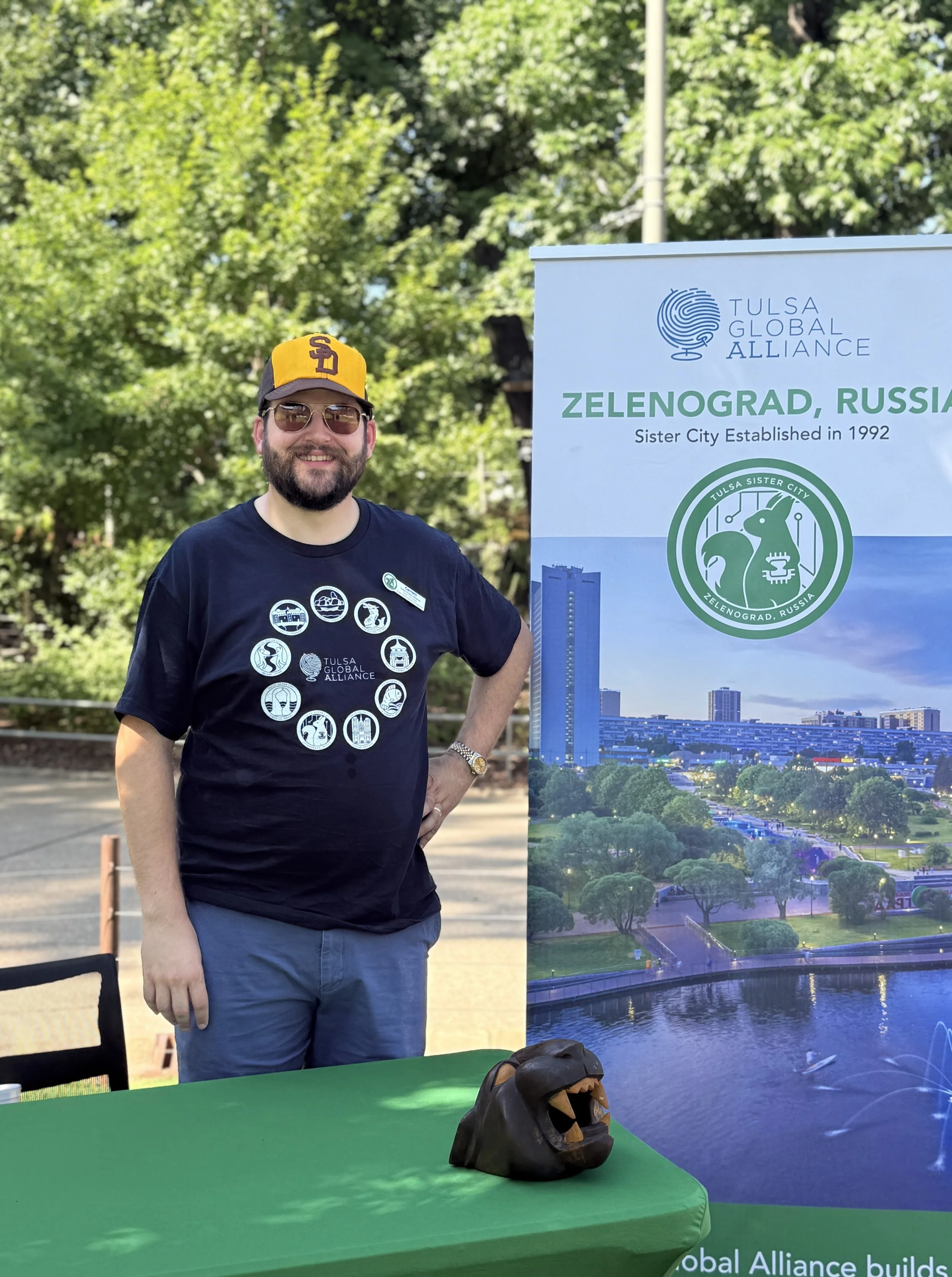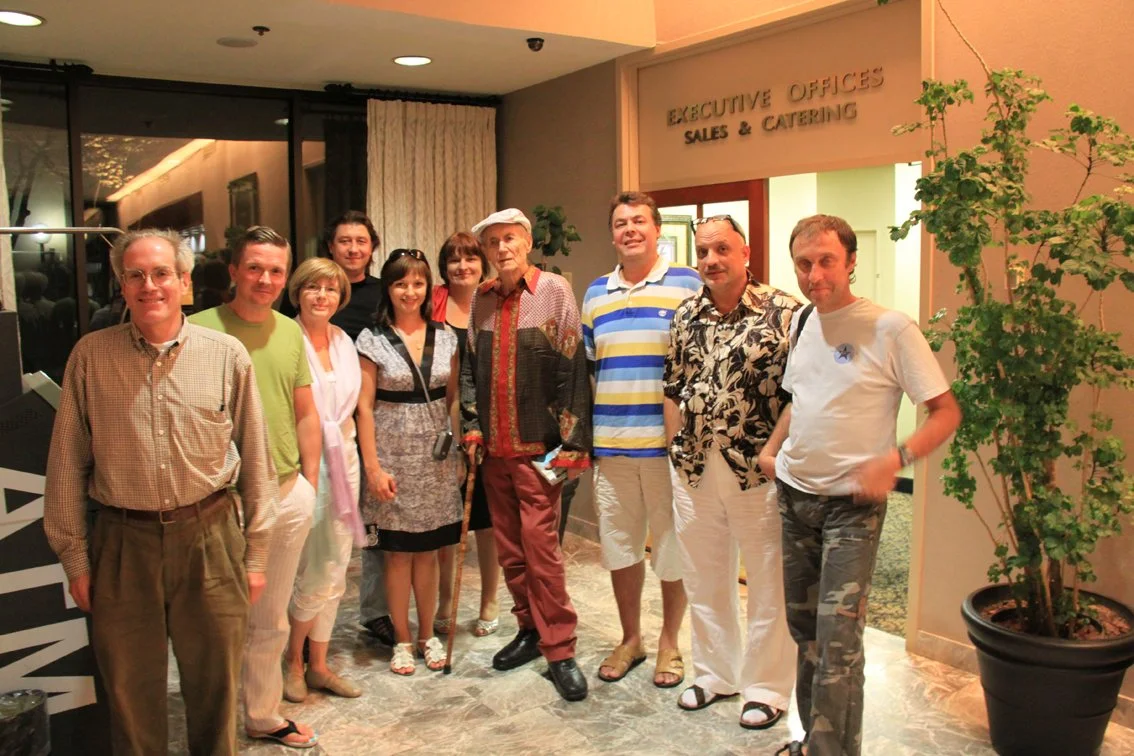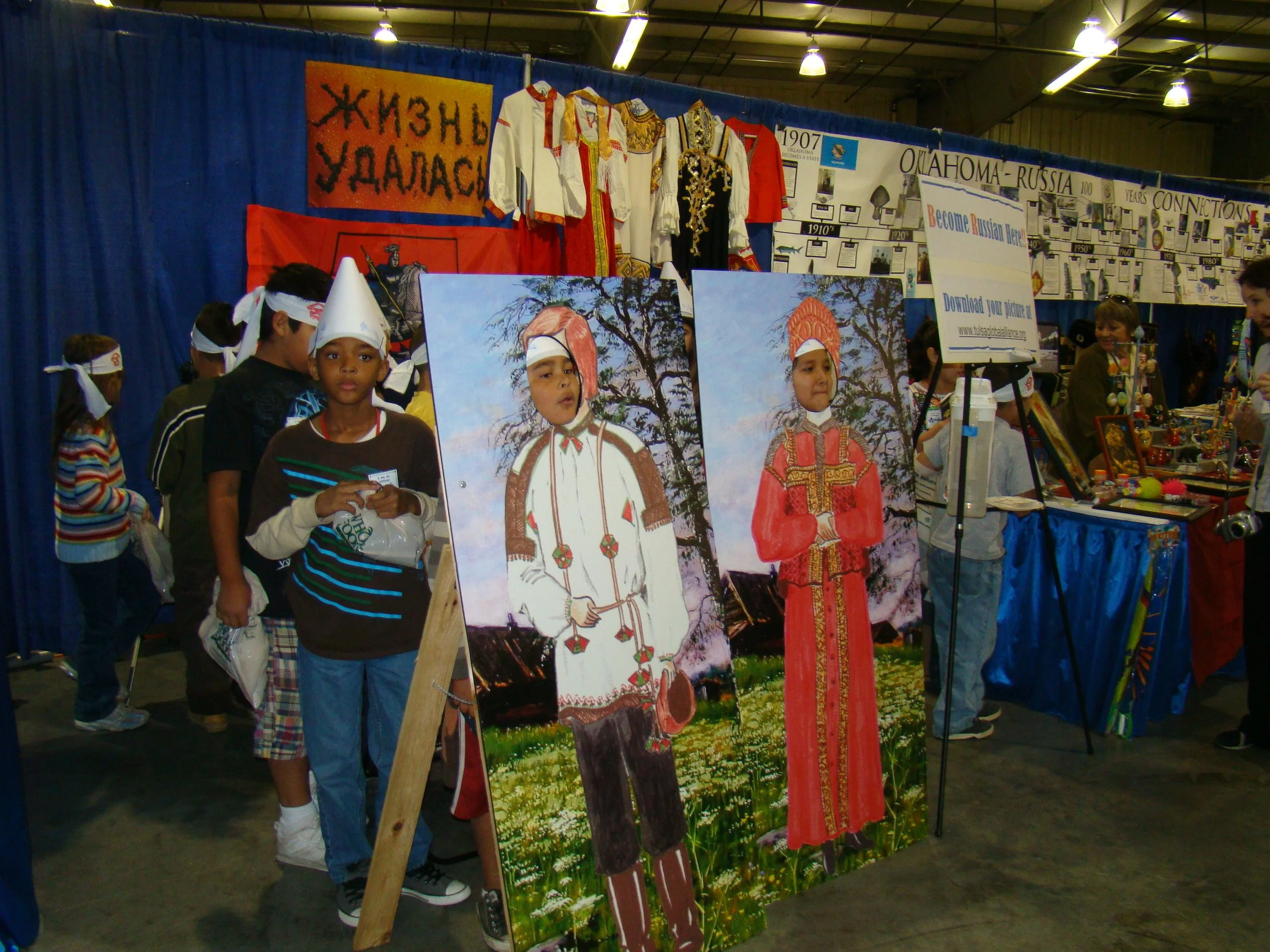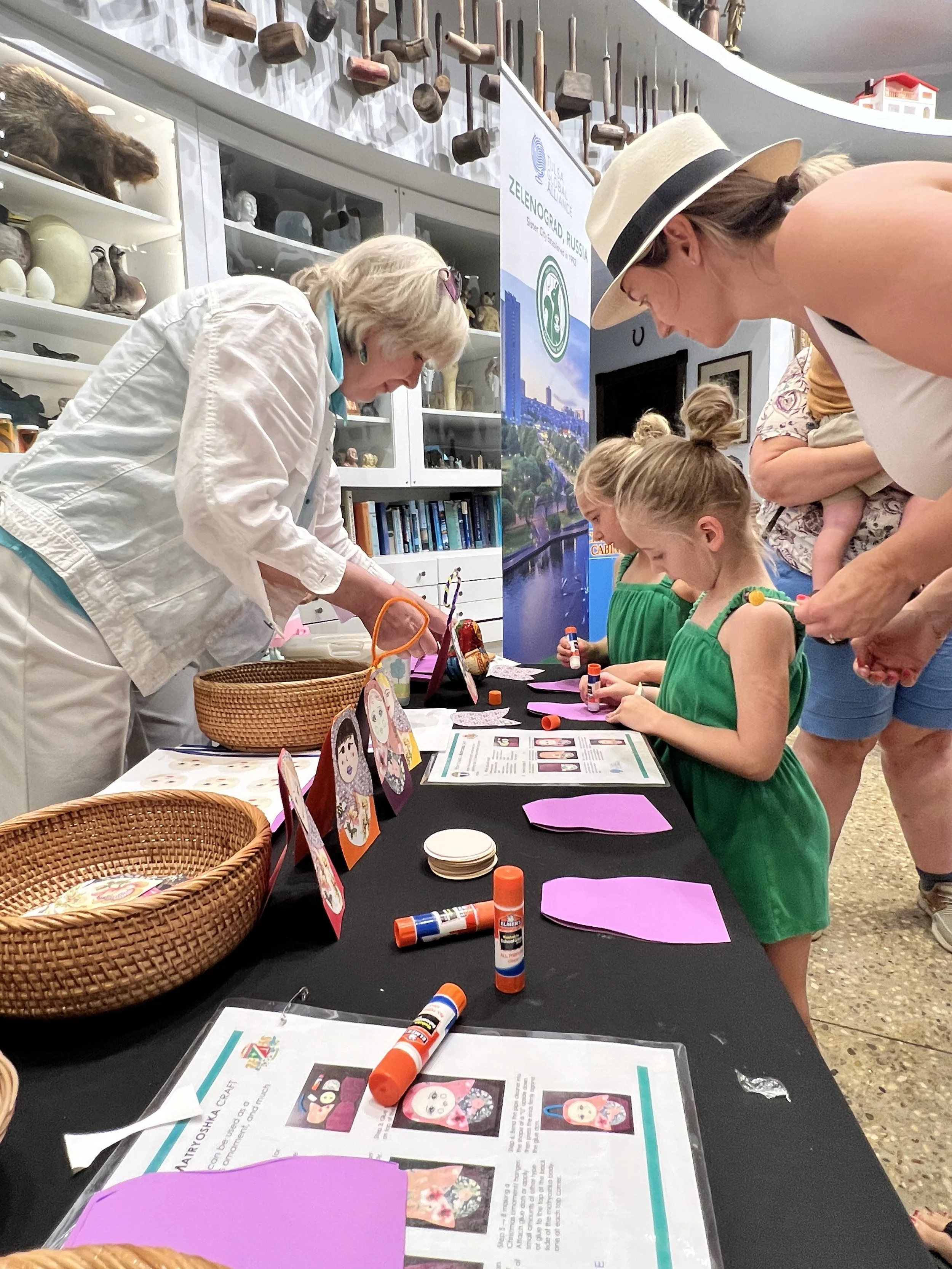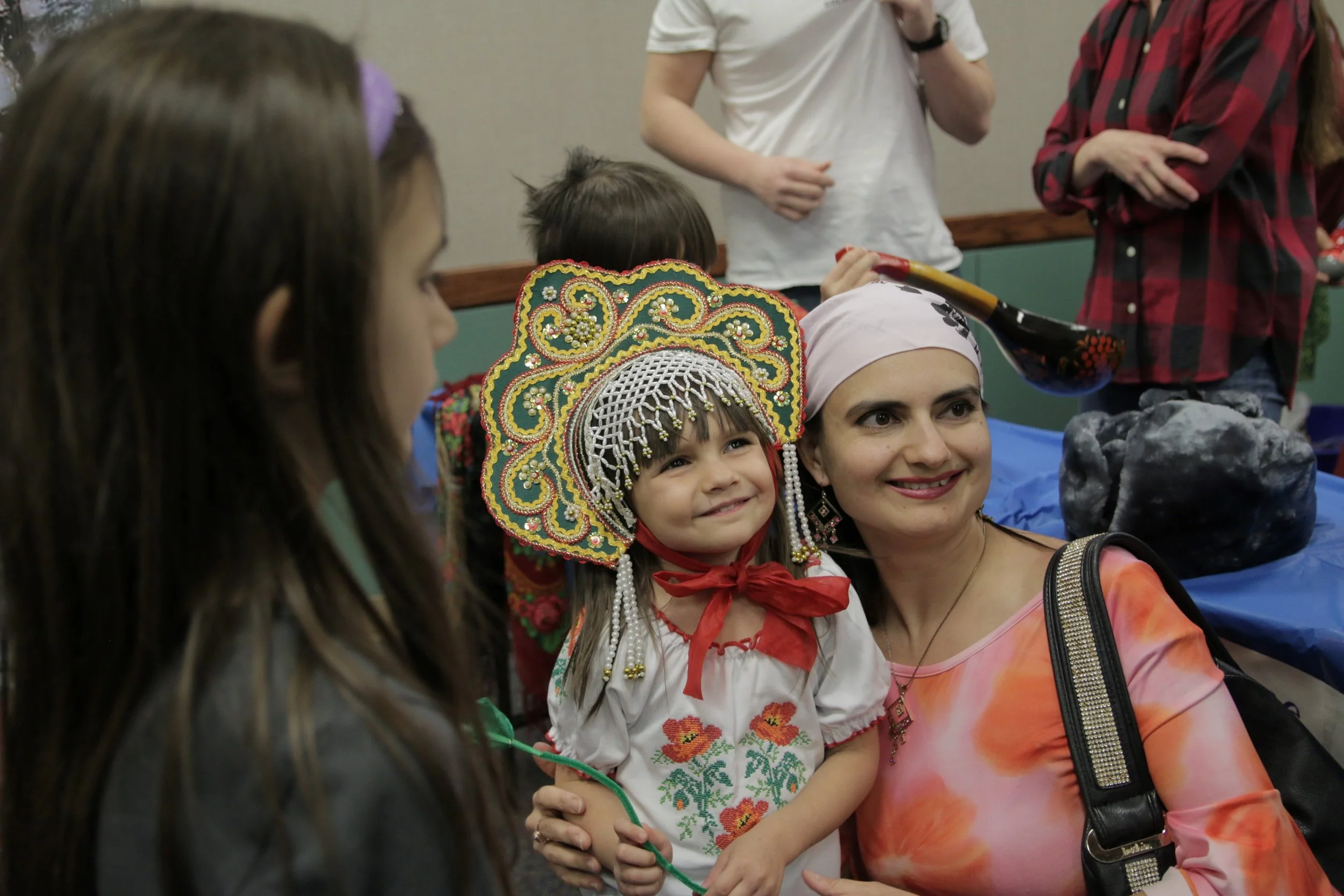The 45th Anniversary Sister City Series: Zelenograd
Since 1992, Tulsa and Zelenograd have shared a Sister City bond rooted in cultural exchange, education, and people-to-people connection. Over the years, the partnership has fostered student exchanges between Tulsa high schools and Zelenograd, including travel, video calls, and pen pal correspondence. A university partnership between the University of Tulsa and the Institute of International Business Education deepened academic ties, while cultural programming brought Russian cooking classes, poetry readings, film screenings, and public lectures to Tulsa audiences. The relationship also included delivery of medical and dental services between the two cities, showing how international friendship can extend to tangible acts of care and collaboration.
Zelenograd at a Glance
Just 20 miles from Moscow, Zelenograd is a unique blend of pine forests, walking trails, and cutting-edge microelectronics. Founded in 1958 as a planned research hub, the city now boasts a population of 180,000 and serves as a center for innovation in nanotechnology, semiconductors, and clean energy. Zelenograd lives up to its name, “green city,” with expansive parks, tree-lined neighborhoods, and lakes for summer recreation. It is a natural fit for Tulsa, a city in the heart of Green Country.
What many people do not know is that Zelenograd was once a partially closed city. Before 1989, foreigners were restricted from entering, and even local photography was prohibited in certain central areas due to Soviet concerns about its sensitive electronics facilities. For Garrett Gibson, Tulsa’s Sister City Chair and a Cold War scholar, this kind of history is exactly why people-to-people diplomacy matters. He sees the Zelenograd partnership as a way to challenge assumptions and encourage deeper understanding between countries that have often been seen as oppositional.
A Legacy of Connection
Bob Lieser, now Tulsa Global Alliance’s Senior Director of Citizen Diplomacy, has been part of the Zelenograd story since its earliest days. After studying Russian at Booker T. Washington High School and Cornell University, he began volunteering at the YWCA in Tulsa, where he taught English to Russian-speaking refugees. When the Zelenograd partnership launched at the 1992 Sister Cities International Conference in Tulsa, Bob quickly got involved.
In 1995, he spent three months teaching at School 1150 in Zelenograd, where he witnessed both the 50th anniversary of the end of World War II in Europe and, from afar, the Oklahoma City bombing. Though the moment was somber, the kindness he received in Zelenograd offered a powerful reminder of shared humanity.
Bob went on to help coordinate home stays for visiting Russian teachers, lead Red Cross exchanges, and support a range of medical partnerships that included Tulsa dentists and physicians training their Russian counterparts. The partnership also facilitated the delivery of medical equipment, dental care, and opportunities for Russian doctors to visit Tulsa. He later served as Tulsa-Zelenograd Partnership Chair before joining TGA staff in 1998.
For Bob, Zelenograd was never just a place on the map. It was an opportunity to live the values of citizen diplomacy.
“You realize that personal connection can shift perceptions more than politics ever could.”
Moments That Matter
For many years, students from Zelenograd and Tulsa participated in school-to-school exchanges, forming friendships through classroom visits and homestays. In 2019, a delegation of media professionals from Zelenograd visited Tulsa through the Congressional Open World Program. They toured city landmarks, met with tribal representatives and university faculty, and explored how local journalism functions in the United States. That same year, a group of Zelenograd runners traveled to Tulsa to participate in the Route 66 Marathon. In 2021, they organized a virtual tribute by running a route in their hometown in the shape of T-U-L-S-A.
Meet the Chair: Garrett Gibson
Garrett Gibson stepped into the role of Sister City Chair in early 2025, but his connection to the partnership runs deep. A Tulsa native and Cold War scholar, Garrett got involved with TGA back in 2008 while studying Russian at the University of Tulsa. “I wanted every opportunity to extend my cultural contact with Russia,” he says. After earning his B.A. and M.A. in Russian Studies, he lived in Vladimir for language immersion and now teaches history at Jenks High School.
Garrett brings both academic insight and personal passion to the role. “I love the challenge of getting people to think differently about Russia,” he says. One of his favorite memories so far is giving a behind-the-scenes tour at Gilcrease Museum to a group of visiting Zelenograd journalists.
Why It Matters
The Tulsa–Zelenograd Sister City Partnership is about more than travel or language. It is about building mutual understanding through real relationships. Whether it is a student exchange, a shared marathon moment, or a museum tour with international visitors, each connection helps Tulsa stay globally engaged and locally enriched. In a world that can feel divided, these personal ties matter more than ever.
Support the Friendships That Connect Us
Tulsa Global Alliance has helped build bridges around the world. With your support, partnerships like Zelenograd can keep growing.

